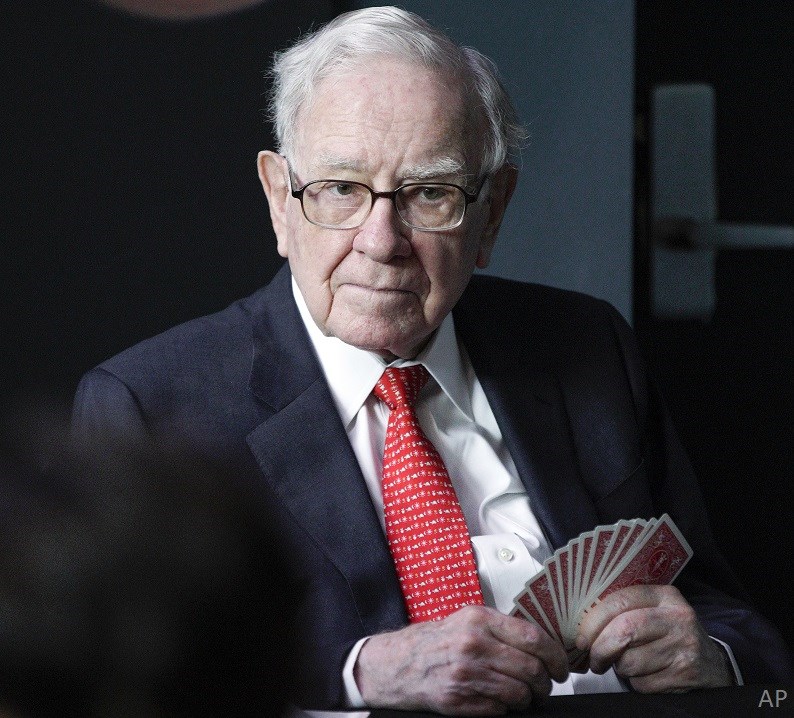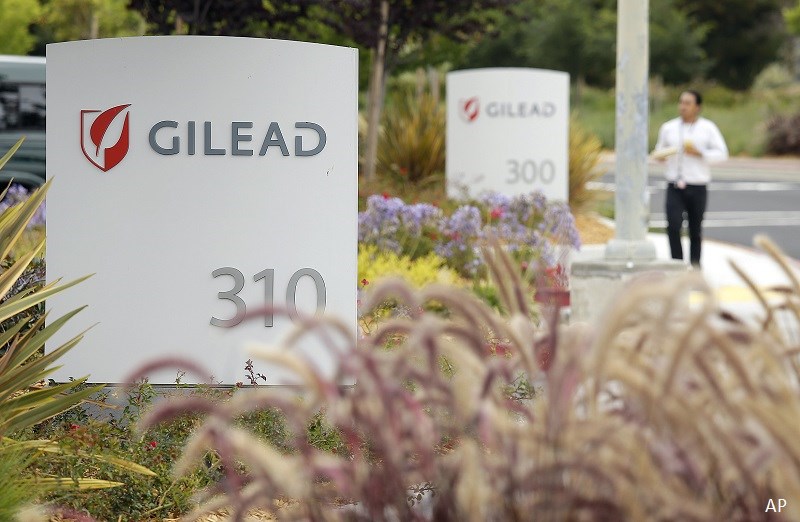
While wide-moat-rated Berkshire Hathaway's (BRK.A/BRK.B) annual meeting has always been entertaining, it hasn't generally been a big source of meaningful insights into the firm's operations. This year's event, which was a significantly smaller affair with no shareholders in attendance in Omaha and just CEO Warren Buffett and Greg Abel (vice chairman of Berkshire's noninsurance business operations) taking questions from a remotely located Becky Quick (of CNBC), who was collating all of the questions for the three journalists on the journalist panel, was relatively subdued. The meeting not only started later in the day, but Buffett spent much of the first two hours of the five-hour event speaking about his thoughts about the COVID-19 pandemic and its potential economic impacts, touching on everything from monetary and fiscal policy to consumer and commercial behavior.
The main thing we took away from Buffett's preamble, as well as the question-and-answer segment, was that Berkshire (much as we heard from Charlie Munger in a Wall Street Journal interview in mid-April) is being extremely cautious right now, given all of the uncertainties surrounding the COVID-19 pandemic and subsequent shutdown/recession. Unlike Buffett's famous maxim to "[b]e fearful when others are greedy and greedy when others are fearful," Berkshire actually dumped some stocks, did not pursue any deals, and let its cash balances expand during the first quarter.
While it was no surprise to see Berkshire dump the airlines, we were shocked to see that Buffett stopped buying back Berkshire's shares on March 10 and didn't repurchase any of the company's common stock between then and the end of April. Our general feeling has been that with cash reserves being guarded, distressed opportunities few and far between, and many of Berkshire's stock holdings either struggling with the COVID-19 pandemic or subsequent shutdown/recession, the best option for the company's excess cash may be Berkshire's own common stock.



















